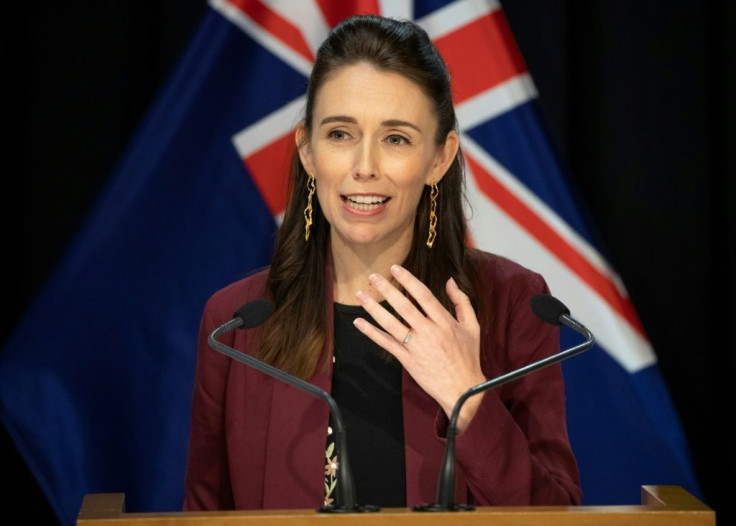New Zealand Boosts Budget Spending Amid Virus Downturn

New Zealand announced a NZ$50 billion (US$30 billion) war chest Thursday to help cushion the impact of the coronavirus pandemic that has stalled the economy and already cost thousands of jobs.
The COVID-19 Response and Recovery Fund is the centrepiece of Prime Minister Jacinda Ardern's annual budget, aiming to stimulate recovery with spending on infrastructure and business support.
The South Pacific nation has contained the virus by closing its borders and imposing a seven-week lockdown that ended Thursday, but Ardern said there were still tough times ahead.
"Global predictions are dire. Unemployment will rise, and growth will slow dramatically," she said.
"We know as a trading nation that will have an impact, and it will be significant and it will be painful."
About NZ$30 billion from the fund has already been allocated, with NZ$20 billion kept in reserve for projects over the next four years.
Even with the stimulus, the Treasury predicts unemployment will reach at least 8.3 percent next year and the economy will contract 4.6 percent.
But the recession, which Ardern said would be "sudden and deep" is expected to ease by 2022, when growth is forecast to bounce back to 8.6 percent.
The massive spending means government debt will peak at 53.6 percent of GDP in 2023, more than double the Ardern administration's pre-virus ceiling of 25 percent.
Ardern, who faces an election in September, said she wanted to use the money to fix long-term problems, as well as boost the economy.
"We have long faced a housing crisis, our environment has been suffering, inequality and child poverty have all been issues we've had to tackle," the centre-left leader said, raising issues that she campaigned on before winning the 2017 election.
"In three years' time, I want to look back and say that COVID was not the point those issues got worse, but the chance we had to make them better."
Ardern has been widely praised at home and abroad for her decisive action during the pandemic, building on the acclaim she received after last year's Christchurch mosques shooting, in which 51 people died.
Opposition leader Simon Bridges dismissed the budget package as a "slush fund" that lacked coherent economic planning and would saddle the country with huge debt.
"It needed to be spent in a responsible and disciplined way. What this budget lacks is any detail and accountability of how it will be spent and what it will achieve," he said.
© Copyright AFP {{Year}}. All rights reserved.




















